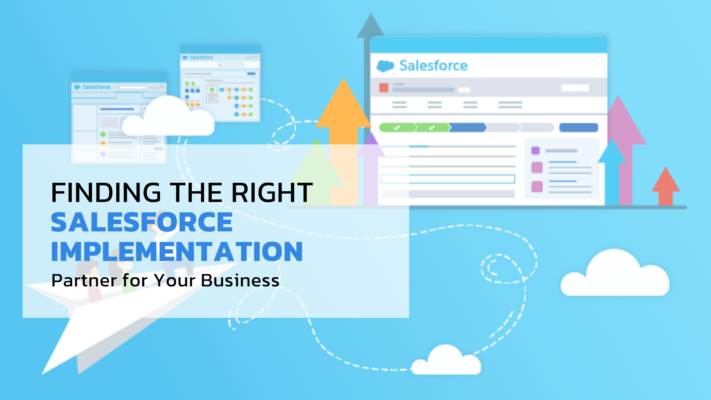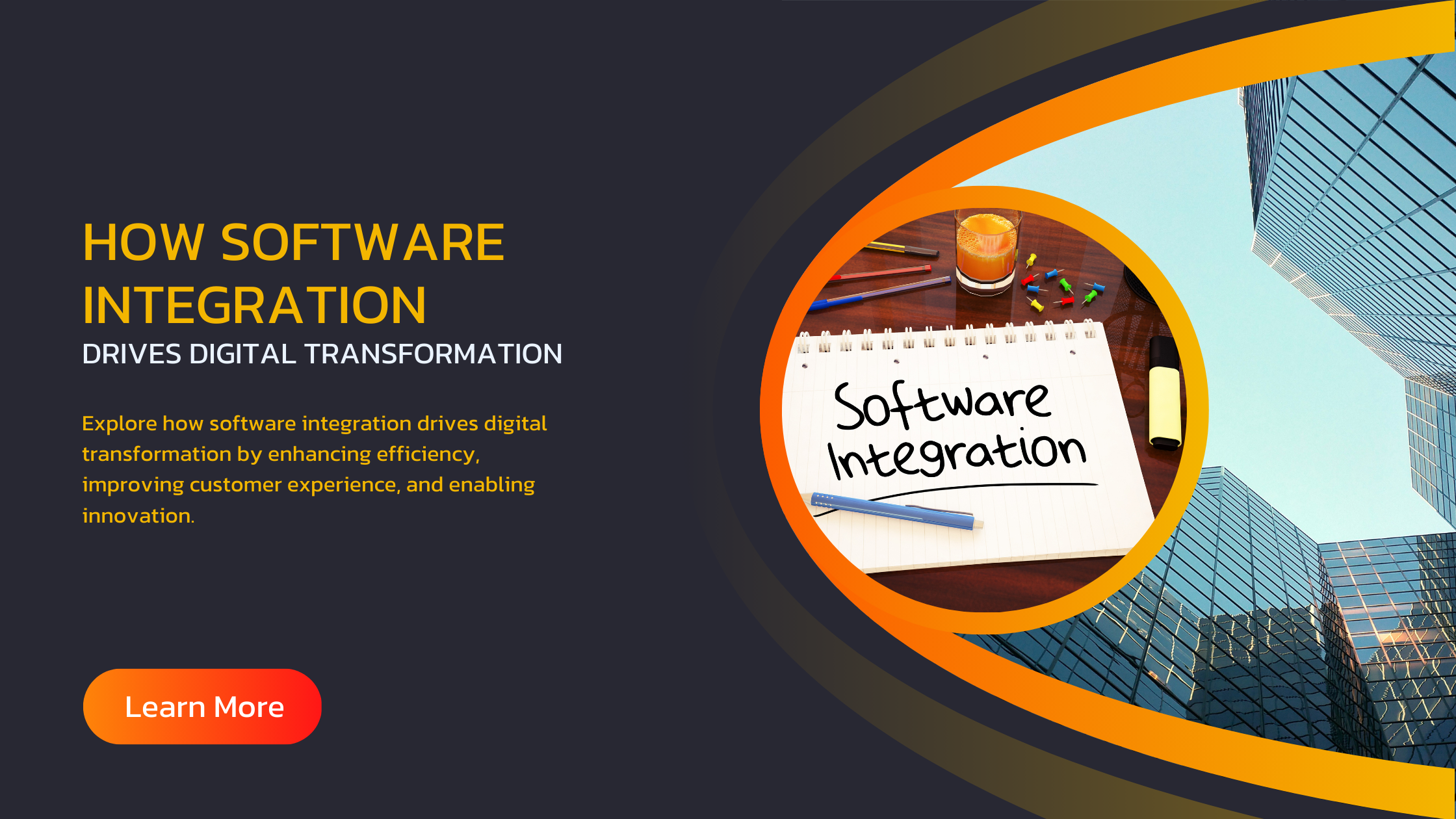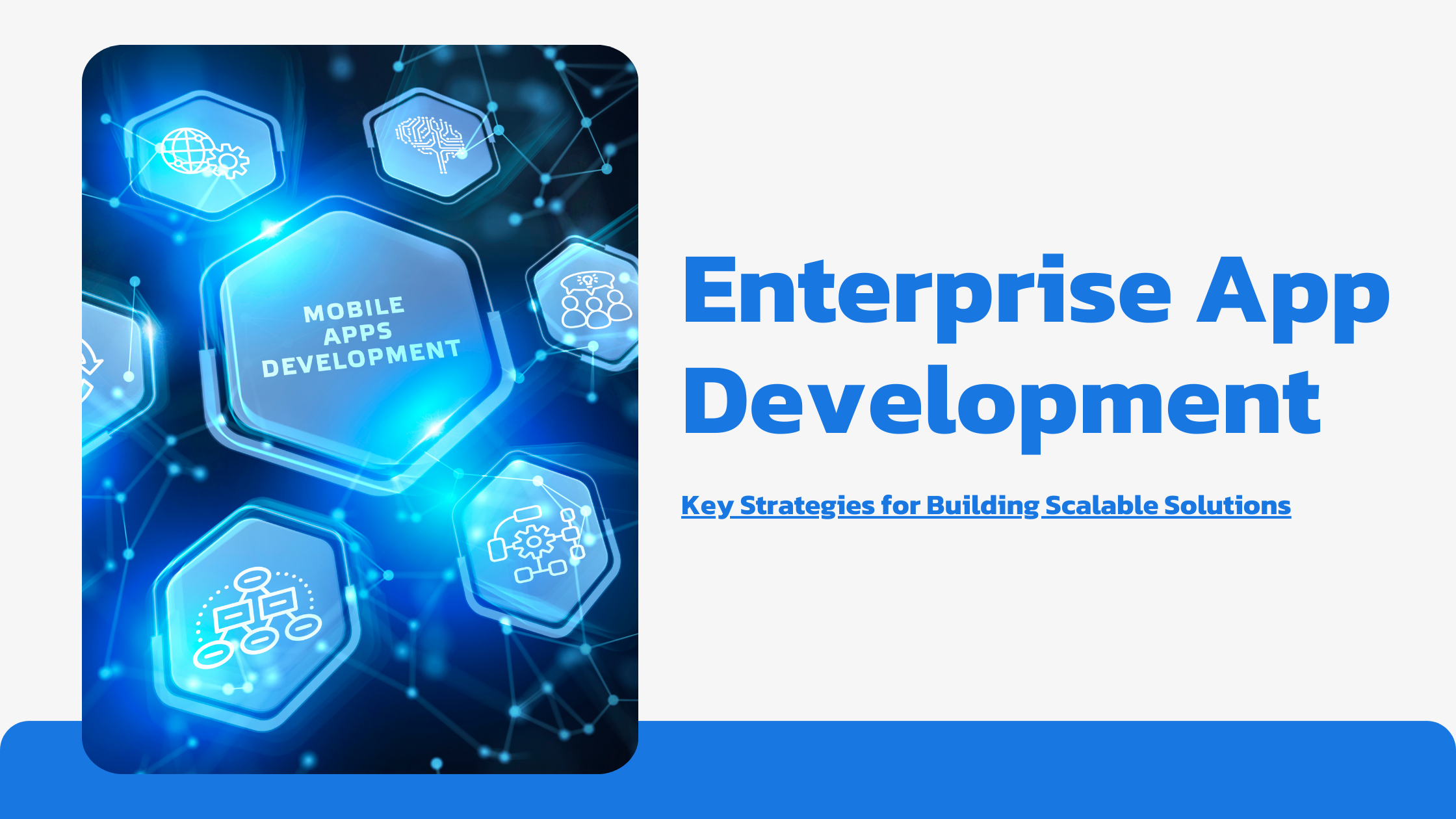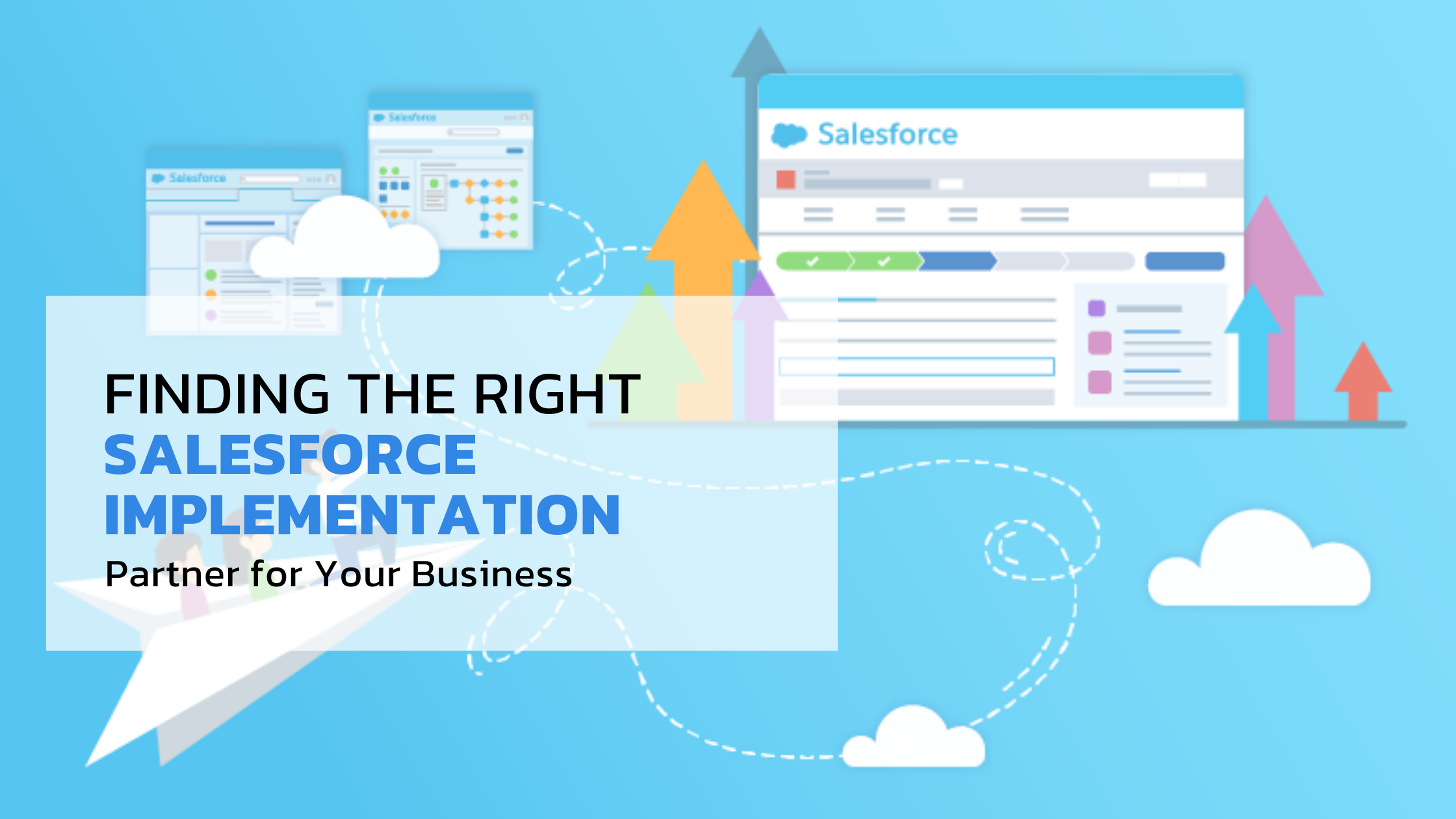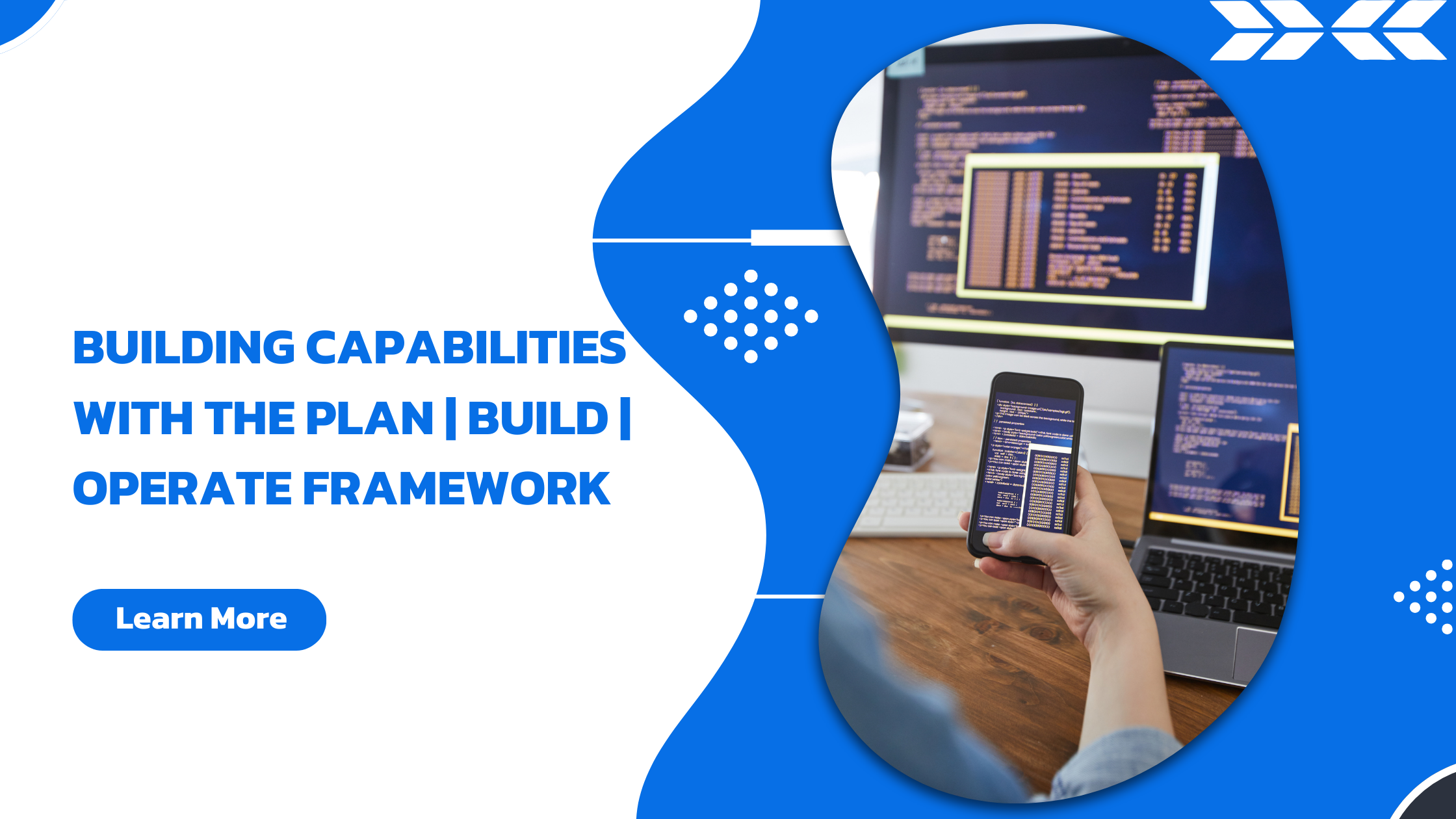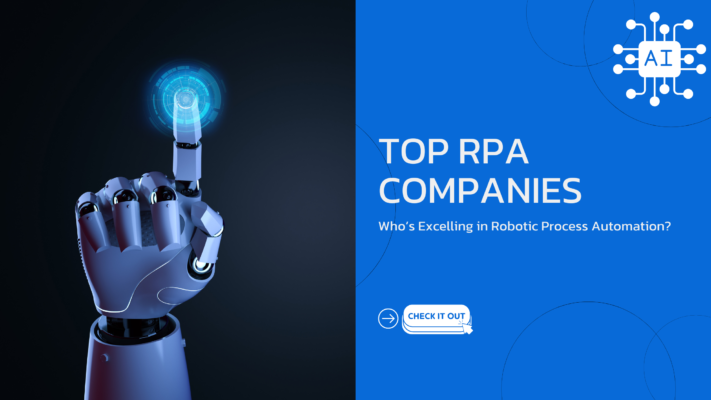
As we advance toward 2025, Robotic Process Automation (RPA) is increasingly becoming a cornerstone of business efficiency and innovation. By automating repetitive tasks, RPA frees up human resources to focus on more strategic initiatives, driving significant improvements in productivity and cost savings. In this comprehensive guide, we’ll dive into the top RPA companies leading the charge in robotic process automation. We’ll explore their strengths, unique features, and how they are shaping the future of automation.
What is Robotic Process Automation (RPA)?
Understanding RPA
Robotic Process Automation (RPA) involves using software robots or “bots” to automate repetitive, rule-based tasks within business processes. These bots mimic human interactions with software applications, performing tasks such as data entry, process management, and report generation. The main goal of RPA is to enhance operational efficiency by eliminating manual effort, reducing errors, and accelerating processes.
Why RPA Matters
RPA is transforming business operations in several ways:
- Efficiency: RPA bots operate 24/7, leading to faster completion of tasks and processes.
- Cost Reduction: Automating routine tasks reduces the need for manual labor, thereby cutting operational costs.
- Accuracy: Bots execute tasks with precision, minimizing human errors and enhancing data integrity.
Scalability: RPA systems can be scaled up or down according to business needs, providing flexibility and adaptability.
Top RPA Companies to Watch in 2025
With numerous players in the RPA space, identifying the top RPA companies can help businesses choose the right partner for their automation needs. Here’s a look at the leading top RPA companies in 2025, each known for their innovative solutions and impact on the industry.
1. UiPath

UiPath remains a leader in the RPA landscape, renowned for its user-friendly interface and comprehensive automation platform. The company’s strong focus on user experience and scalability makes it a top choice for organizations of all sizes.
Key Features:
- Ease of Use: Intuitive design with drag-and-drop functionality.
- Scalability: Suitable for small businesses to large enterprises.
- Integration: Seamless integration with various applications and systems.
Survey Insights: According to a recent Gartner survey, UiPath leads the market with the highest customer satisfaction ratings for RPA tools, reflecting its robust functionality and support.
2. Automation Anywhere

Automation Anywhere offers a cloud-native RPA platform known for its advanced AI and cognitive capabilities. Their platform is designed to help organizations scale their automation efforts effectively.
Key Features:
- AI Integration: Combines RPA with AI and machine learning for enhanced automation.
- Cloud-Based: Fully cloud-native, facilitating easier deployment and scalability.
- Analytics: Provides in-depth analytics for performance tracking and optimization.
Report Highlight: The Forrester Wave report highlights Automation Anywhere as a leader in the RPA space, praising its comprehensive AI capabilities and strong cloud infrastructure.
3. Blue Prism

Blue Prism is well-regarded for its enterprise-grade RPA solutions, focusing on security, governance, and scalability. Its platform is ideal for large organizations with complex automation needs.
Key Features:
- Security: Robust security measures suitable for handling sensitive data.
- Governance: Comprehensive tools for managing and monitoring bots.
- Integration: Effective integration with existing IT infrastructure.
Survey Insights: A recent IDC survey shows Blue Prism as a top choice for enterprises looking for secure and scalable RPA solutions.
4. Upcore Technologies

Upcore Technologies stands out as a premier RPA solutions provider, offering innovative and customized automation solutions. Known for its deep expertise and client-focused approach, Upcore Technologies helps businesses implement RPA strategies that drive operational excellence.
Key Features:
- Customized Solutions: Tailored RPA solutions to meet specific business needs.
- Expertise: Deep knowledge of automation technologies and industry best practices.
- Support: Comprehensive support and consulting services to ensure successful implementation.
Industry Report: According to a recent report by Automation Insights, Upcore Technologies is recognized for its exceptional service delivery and innovative approach to RPA, making it a top choice among businesses seeking high-quality automation solutions.
5. Pega Systems

Pega Systems combines RPA with business process management (BPM) to offer a holistic approach to automation. Their platform is designed to optimize both operational processes and customer engagement.
Key Features:
- BPM Integration: Merges RPA with BPM for a comprehensive automation solution.
- AI Capabilities: Utilizes AI to enhance decision-making and process efficiency.
- Flexibility: Adaptable to various industries and business requirements.
Survey Insights: Pega Systems is highlighted in the Forrester Wave for its innovative approach to combining RPA and BPM, offering robust solutions for businesses looking to drive transformation.
6. WorkFusion

WorkFusion focuses on intelligent automation, blending RPA with machine learning and analytics. This approach helps businesses tackle complex automation challenges and gain deeper insights into their processes.
Key Features:
- Intelligent Automation: Integrates RPA with machine learning for advanced automation.
- Analytics: Provides powerful analytics tools to monitor and optimize performance.
- Industry–Specific Solutions: Tailored solutions for sectors like finance and healthcare.
Report Highlight: The Everest Group’s report recognizes WorkFusion for its strong capabilities in intelligent automation and analytics, making it a key player in the RPA market.
7. Kofax

Kofax offers a comprehensive suite of automation solutions, including RPA, document automation, and process intelligence. Their platform is designed to enhance efficiency across a wide range of business processes.
Key Features:
- Document Automation: Advanced capabilities for managing and processing documents.
- Process Intelligence: Tools for analyzing and optimizing business processes.
- Scalability: Suitable for businesses of all sizes.
Survey Insights: Kofax is noted for its strong document automation and process intelligence features, as highlighted in the Gartner Magic Quadrant.
8. NICE Systems

NICE Systems provides RPA solutions with a strong focus on customer engagement and operational efficiency. Their platform is designed to improve customer service and streamline operations.
Key Features:
Customer Engagement: Enhances customer interactions and service operations.
Real-Time Monitoring: Offers tools for real-time monitoring and management of bots.
Integration: Compatible with various CRM and contact center systems.
Report Highlight: NICE Systems is praised in the IDC MarketScape for its robust customer engagement solutions and real-time monitoring capabilities.
9. AntWorks

AntWorks stands out for its holistic approach to RPA, combining robotic automation with cognitive and AI capabilities. Their platform is designed to handle complex, unstructured data and processes.
Key Features:
- Holistic Automation: Integrates RPA with AI for a comprehensive solution.
- Cognitive Capabilities: Manages unstructured data and processes.
- Innovation: Focuses on cutting-edge automation technologies.
Survey Insights: AntWorks is recognized for its innovative approach to combining RPA with cognitive capabilities, as noted in the Forrester Wave.
10. Redwood Software

Redwood Software offers a range of automation solutions, including RPA, to optimize business processes and drive transformation. Their platform is designed to support large-scale automation initiatives.
Key Features:
- Process Optimization: Enhances and automates various business processes.
- Flexibility: Adapts to different business environments and needs.
Industry Report: Redwood Software is noted for its robust process optimization tools and flexibility in the latest Everest Group report, making it a reliable choice for businesses seeking comprehensive automation solutions.
How to Choose the Right RPA Company
Selecting the right RPA partner involves assessing various factors, including the company’s technology, customer support, industry expertise, and scalability. Here are some key considerations:
1. Technology and Features
Look for companies that offer advanced technology and features that align with your automation needs. Features such as AI integration, scalability, and ease of use are critical in determining the effectiveness of an RPA solution.
2. Customer Support and Service
Evaluate the level of customer support and service provided by the RPA company. A strong support system is essential for successful implementation and ongoing maintenance of your RPA solutions.
3. Industry Expertise
Choose an RPA provider with experience in your specific industry. Industry expertise can greatly influence the effectiveness of the automation solutions, as it ensures the provider understands the unique challenges and requirements of your sector.
4. Scalability and Flexibility
Ensure the RPA platform can scale with your business and adapt to changing needs. Scalability and flexibility are important for accommodating growth and evolving business requirements.
Survey Insights and Industry Reports
RPA Market Trends and Insights
Recent surveys and industry reports provide valuable insights into the RPA market and highlight the leading players in the industry:
- Gartner’s Magic Quadrant: This report consistently ranks UiPath and Automation Anywhere as leaders in the RPA space, noting their strong capabilities and high customer satisfaction.
- Forrester Wave: This report highlights Automation Anywhere and Pega Systems as top performers in the RPA market, emphasizing their innovative solutions and advanced features.
- IDC MarketScape: Recognrizes NICE Systems for its robust customer engagement solutions and Kofax for its strong document automation capabilities.
Adoption Trends
According to a recent survey by Deloitte, the adoption of RPA is expected to continue growing, with more companies investing in automation to enhance operational efficiency. The survey also highlights the increasing importance of AI and cognitive technologies in driving the future of RPA.
The Future of RPA
As we move towards 2025, the RPA landscape is expected to evolve significantly. Here are some key trends to watch:
- Integration with AI and Machine Learning: The integration of AI and machine learning with RPA is expected to enhance automation capabilities and drive more intelligent and adaptive solutions.
- Increased Focus on Cognitive Automation: Companies are likely to invest more in cognitive automation to handle complex, unstructured data and processes.
- Expansion of RPA Across Industries: RPA adoption is expected to expand beyond traditional sectors to new industries, driven by the increasing demand for automation and efficiency.
Conclusion
Choosing the right RPA provider is crucial for leveraging the full potential of robotic process automation. The top RPA companies in 2025 are leading the way with innovative solutions, advanced features, and exceptional customer support.
Upcore Technologies, in particular, stands out as a top RPA solutions provider, offering customized and innovative automation solutions tailored to specific business needs. By selecting a leading RPA company that aligns with your requirements, you can drive significant improvements in efficiency, accuracy, and cost savings.
For more information on how RPA can transform your business, consider reaching out to Upcore Technologies to explore the best solutions for your automation needs.




